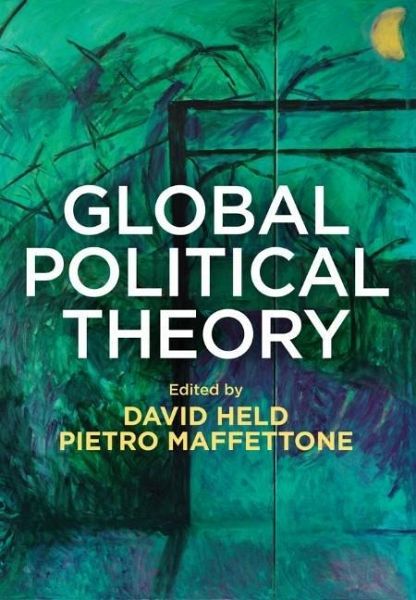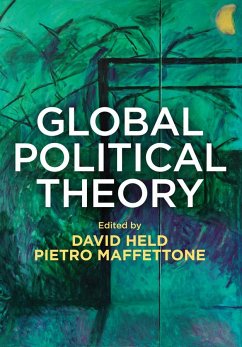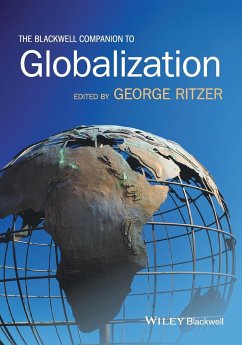Nicht lieferbar

Global Political Theory
Philosophers have never shied away from interrogating the nature of our obligations beyond borders. From Hobbes to the international lawyers Grotius, Pufendorf, Vattel, and of course Kant, modern philosophy has always attempted to define the nature and shape of a just international order, and the types of mutual obligations members of different political communities might share. In today's hyper-connected world, these issues are more important than ever and have been an impetus to a political theory with global scope and aspirations.Global Political Theory offers a comprehensive and cutting-ed...
Philosophers have never shied away from interrogating the nature of our obligations beyond borders. From Hobbes to the international lawyers Grotius, Pufendorf, Vattel, and of course Kant, modern philosophy has always attempted to define the nature and shape of a just international order, and the types of mutual obligations members of different political communities might share. In today's hyper-connected world, these issues are more important than ever and have been an impetus to a political theory with global scope and aspirations.
Global Political Theory offers a comprehensive and cutting-edge introduction to the moral aspects of global politics today. It addresses foundational aspects of global political theory such as the nature of human rights, the types of distributive obligations that we have toward distant others, the relationship between just war theory and global distributive justice, and the legitimacy of international law and global governance institutions. In addition, it features analyses of key applied moral debates in global politics, including the ethical aspects of climate change, the moral issues raised by the mobility of financial capital, the justness of different international trade regimes, and the implications of natural resource ownership for human welfare and democratic political rule. With contributions from leading scholars in the field, this accessible and lively book will be essential reading for students and teachers of political theory, philosophy and international relations.
Global Political Theory offers a comprehensive and cutting-edge introduction to the moral aspects of global politics today. It addresses foundational aspects of global political theory such as the nature of human rights, the types of distributive obligations that we have toward distant others, the relationship between just war theory and global distributive justice, and the legitimacy of international law and global governance institutions. In addition, it features analyses of key applied moral debates in global politics, including the ethical aspects of climate change, the moral issues raised by the mobility of financial capital, the justness of different international trade regimes, and the implications of natural resource ownership for human welfare and democratic political rule. With contributions from leading scholars in the field, this accessible and lively book will be essential reading for students and teachers of political theory, philosophy and international relations.














